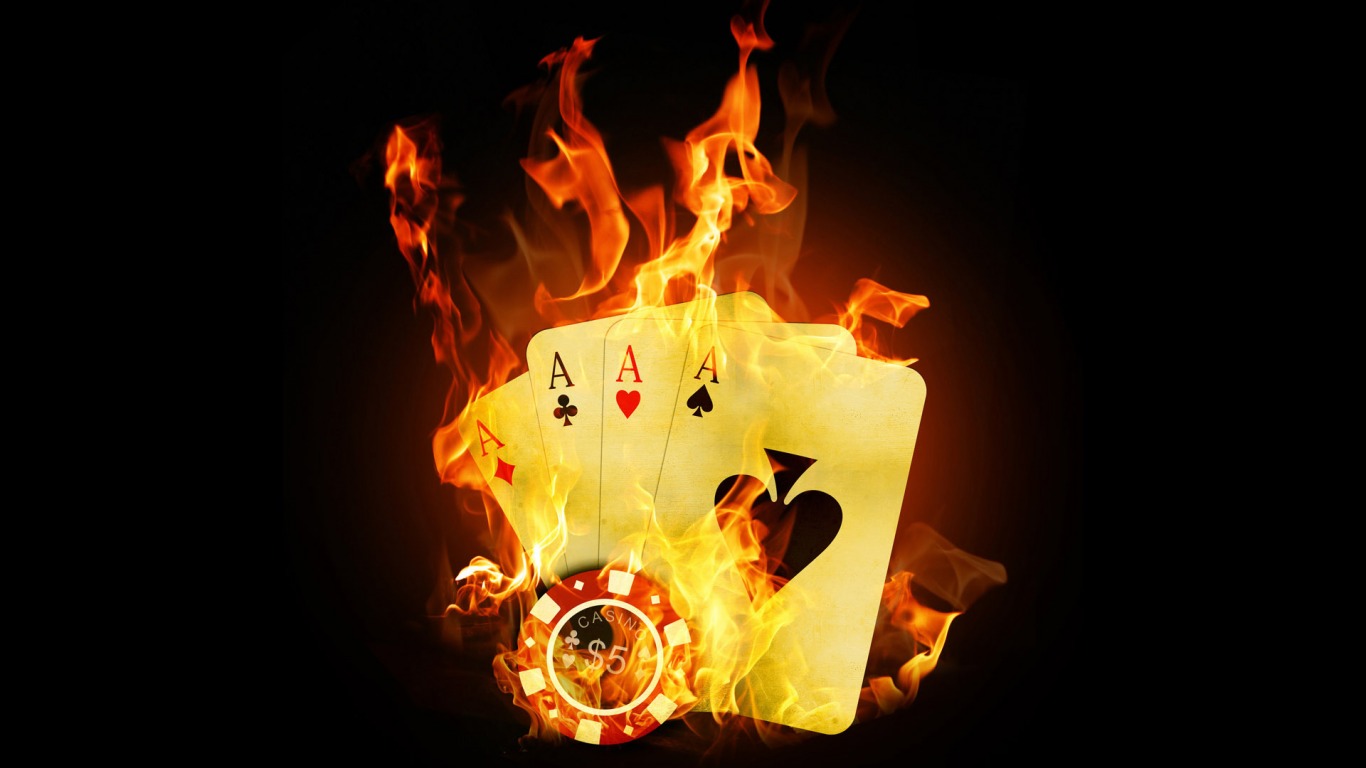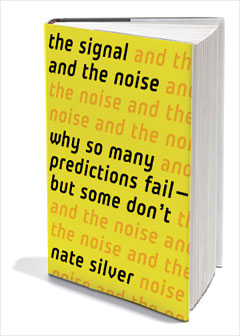
A read that you also need to record is for example, if you know your opponent don't slowplay never a flush draw and it is always the type to check - raiser. In other words, if ever you see check-call, check-call, you know that there will be no flush draw and you will need to make your smallest bet value.
I reminds me of a hand I played. Q7. It was a part of heads up.
I raised this hand on the button against a player TAG. The flop falls 876 with a flush draw. My opponent check-call my bet of the size of the pot. From this moment, I am sure that it doesn't have an 8 because it would have check-raisé a 8. We played very aggressively. A Ko fell on the turn and he check. I bet really big because it is a very good card for double barreler and it is also a very good card to bet its point of view. And my opponent calla yet, probably because of its point of saw, it was a good card to bluff. The river brought a 2 to complete the flush draw. He checked and I did a shove overbet of approximately twice the size of the pot and for him, given the dynamics of the part, it was impossible for me to have a set or a flush. He reflected a moment and me calla with pocket 5.
Obviously, it would have A7, maybe an 8, whatever I'm not sure. But because there's no good reason for him to believe that I hit this flush, it goes caller with a wide range of hands.
When he saw that I had only a pair of 7, he has not posted the big blind and he's gone.
What do you think of bullying at the table? I imagine that bullying longer applies when one plays HU. I started to make bullying about 3 years ago. When I LAG, I liked talking to me as being a player TAG, when I was tagged, I liked talking to me as being a player LAG, etc. It is important to be aware of the image you have, regardless of the image you have. You need to know the image that you have on a forum, the image you have when you make videos, image you have because a certain hand history, etc.
There is this some time, I had lower limit due to some errors of life and I told myself that these players to the limit at which I played had to know me and had to know who I was and it is with this mindset that I played, I played the master of the table that could beat the highest limits.
In General, if you do not know how to address this situation, I believe that the best method is to play straightfoward and I let my opponents are themselves leveler.
The thing which I would like to dwell at the moment is the texture of the flops. Many people ask me then my courses, are we supposed to do against people who know what you know? What I would like to say, is that you must be half the level that I am telling you. For example, I said that I did not often of multiple barrels on A high boards because once you have a call on the flop, you'll have several call. Now, if you are against an opponent who knows it, you can perhaps try to bluff more barrells on A high board.
Recently I did big difficult fold because I told myself that people could not 3-barreller Ahigh board while I had hands like AT or AJ because increasingly, my opponent knows that I'm a calling station. So the question is whether your opponent is bright enough to know what we talked about. What is its ability to read hands? What is this guy is pretty good for is 'leveller '? You must know, is that he knows what I know? What is he knows more than what I know? If you do not believe that your opponent knows what you know, you should just think of simple things.
It is one of the things that a player must do to be a difficult player, i.e. to play differently from the way in which our opponent expects that we play. Obviously, as I said, when you play against an opponent and you know nothing of him, you should always adopt an ABC line, but when you know, you use your knowledge to become a player against whom it will be difficult to play. When you play, obviously, you must be a big winner, but in addition, you must be a player against whom it will be difficult to play. And if you do this, you'll have a big advantage.
There is something I would like to talk to you again and that is the question of timing.
First, the timing. Generally, a big hand or a bluff leads us to reflect. When we use our time, it is often for two things. One, is to reflect on the bluff that we show. Two, it is because we just hit a set of 3 and that it does not happen often. We wonder how to monetize this hand.
On the other hand, the hands with which a guy going to insta-click call, is a medium strength hand. And a quick check-call, is often a draw. Often weak players will play their draw in this way, in the check-Cabrera.
Medium and low players will often quickly bluff on the river. They say: "Oh shit, I have 6 high, I can not win the hand, I'll bet quickly to show that I have a big game" and they will use this tell to make you believe they have a big hand.
I would like to add that the tels in the short term are more reliable than the tels long term. There may be a million factors that make their response time is longer. Their phone can ring, they can talk to someone else, etc. It does not always mean that they are thinking about their game. They may be playing on another table and to think about what they will do on the other table.
I'll try to give you a general rule, but when you make a big decision, you should always take the same amount of time. I do not tell you to bring your stopwatch with you and take exactly 10 seconds before your big decision, but just to be regular in your timing.
A trick that I could give you and you can try against some players, this is when you flop a set, you can snap-caller, insta-caller your hand. No one will suspect that you have a set when you snap-call on the flop like that.
It is something difficult to interpret because sometimes you'll play against a donk who plays only a table and that takes a long time before answering and other times, against a winning player who plays 12 tables and takes the same number of time to respond and you will not always know how to interpret the time limit. You should try to obtain the maximum of information on a player. Perhaps this is a regular making multi - tabler on PokerStars VPPS and against him, you should not really dwell on the timing tells.
If you play against a player on the flop in a reraise pot and your opponent c - bet and that you insta-call, your opponent will know that you have insta-calle because it proposes to be a big pot and everyone bears a closer look at the tables look when they are playing a big pot.
Discuss this article on the PokerCollectif forums:Some notes of psychology in poker - part III




